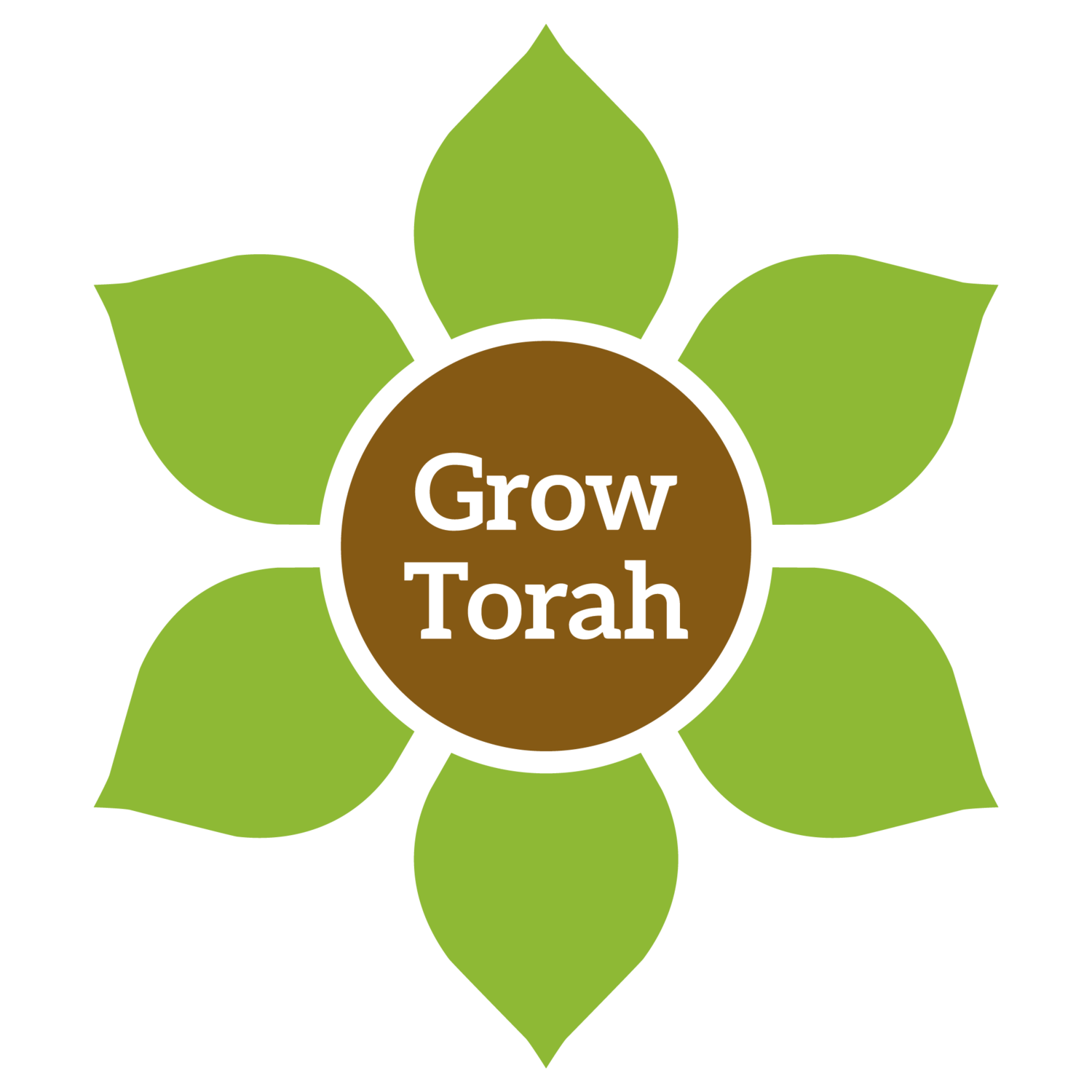Mattot: Living in Balance
Original author - Yonatan Neril, edited by the GrowTorah Summer Inchworms 2021-2022
View Accompanying Source Sheet Here
In Parshat Mattot, with the Jewish people positioned on the east bank of the Jordan River, the tribes of Reuven and Gad make a strange request of Moshe. They ask for his permission to settle where they are rather than receive their portion in Eretz Yisrael.[1]
The Torah notes the two tribes’ abundant livestock and records their query as follows: “Enclosures for the flock we shall build here for our livestock and cities for our children.”[2] Moshe is disturbed by this request and sharply rebukes them. He demands that the men of Reuven and Gad fight alongside their brethren in conquest of Israel. Rashi cites the midrash that states, “They were concerned for their property more than [they were] for their sons and daughters, for they put [mention] of their livestock ahead of their children. Moshe said to them: This is not right! Make that which is essential essential, and that which is secondary secondary. First build cities for your children, and afterward enclosures for your sheep.”[3] Their fundamental error, says the midrash, was in allowing secondary values to take precedence over primary ones.
Reuven and Gad found themselves caught in a predicament of conflicting values. On the one hand, they saw marvelous pasture land in Jordan, which held the promise of material bounty and a comfortable life. On the other hand, Hashem had promised them a portion in Israel, where they could truly connect to the holiness of the land and their people. Moshe viewed their initial preference—choosing pasture land and opting out of the war of conquest—as an improper resolution to their dilemma. He expected them to fight alongside the other tribes in the conquest of Israel. Furthermore, the midrash views their final decision to settle on the east bank of the Jordan River as the reason why Reuven and Gad were eventually the first two tribes to be exiled.[4] As the Kli Yakar[5] says about Reuven and Gad, “the nature of wealth is to make its owner arrogant.”[6] Focusing too much energy on the material unbalances us, weakens our ability to focus on the spiritual, and distances us from G-dly consciousness and pursuits.
While the two and a half tribes are allowed to remain on the East Bank of the Jordan, they are required to join with all of B'nei Yisrael in conquering the land. In Moshe’s reply, he reverses the order of their original request: “So build yourselves cities for your children and enclosures for your sheep.”[7] The message is clear: their children and their commitment to their community, must come before their material interests, as valid as their request is.
The conflict of values at play in this narrative—between material and communal interests—parallels tensions that many negotiate every day.
The American lifestyle seeks a relatively high material standard of living, including a house, car, appliances, vacations, and frequent consumption of meat and other “luxury” items.[8] However, these elements also contribute to the United States producing the second most CO2 emissions of any country in the world (behind only China), and one of the highest per capita rates of emission (althought our trajectory may have been reversed in recent years!).[9] These emissions are leading to rapid climate change, putting our communities, children, and entire global population at risk.[10] So, we search for balance between these things for ourselves, but even more importantly for our children and for their children. Yet true equilibrium often escapes us.
Like the tribes of Reuven and Gad, we find our material and spiritual pursuits at odds. Excessive focus on material well-being distracts us from spiritual pursuits, and in Devarim, Moshe warns the children of Israel of exactly this dynamic:
Take care …lest you eat and be satisfied and you build good houses and settle, and your cattle and flocks increase, and you increase silver and gold for yourselves, and everything that you have will increase – and your heart will become haughty and you will forget Hashem your God… [11]
But Rabbi Aharon Lichtenstein ZT”L points out that harmonizing values which are in tension is supremely important to the spiritual life of a Jew. He writes that “Balance…is very important…Throughout his works, the Rambam stresses its importance in different areas of one’s life: action, emotion, thought, one’s personal, social, religious, and moral self…The Rambam [views] the element of balance as a condition of one’s ideal service of Hashem …”[12] When we prioritize the physical, environmental, and spiritual health of our communities and children, we create the potential to find balance within ourselves and the earth.
Suggested Action:
To assess your own lifestyle and work towards balancing the values of material and environmental communal interests, check out this ecological footprint.
Click here to sponsor a parsha.
Notes:
[1] The author would like to thank Avraham Neuman for his assistance in editing this piece.
[2] Bamidbar 32:16 All translations and bracketed phrases are from Artscroll Rashi Chumash unless otherwise noted.
[3] Midrash Tanchuma (a collection of homiletical exegesis based on the passages of the Torah, originating from 200-400 CE) Mattot 7
[4] Midrash Tanchuma, Mattot 7, citing I Chronicles, 5:26
[5] Rabbi Ephraim Luntchitz, Prague 1550-1619
[6] Kli Yakar to 32:1-2. See also a teaching cited by the author of this dvar Torah by Rabbi Yaakov Tzvi Mecklenburg from his book HaKetav VehaKabala on the Torah portion of Yitro in Canfei Nesharim’s Eitz Chaim Hee series.
[7] Translation from Judaica Press.
[8] https://css.umich.edu/factsheets/us-environmental-footprint-factsheet
[9] United States: CO2 Country Profile | Our World in Data
[10] See the most recent report of the Intergovernmental Panel on Climate Change.
[11] Devarim 8:11-14
[12] “A Pure Heart: Refining Character and Balancing Values,” in By His Light: Character and Values in the Service of God, based on addresses by Rabbi Aharon Lictenstein, Rosh Yeshiva of Yeshivat Har Etzion, Israel. Adapted by Rabbi Reuven Ziegler, Ktav Publishing House: Jersey City, NJ, 2002, p. 212-213.
